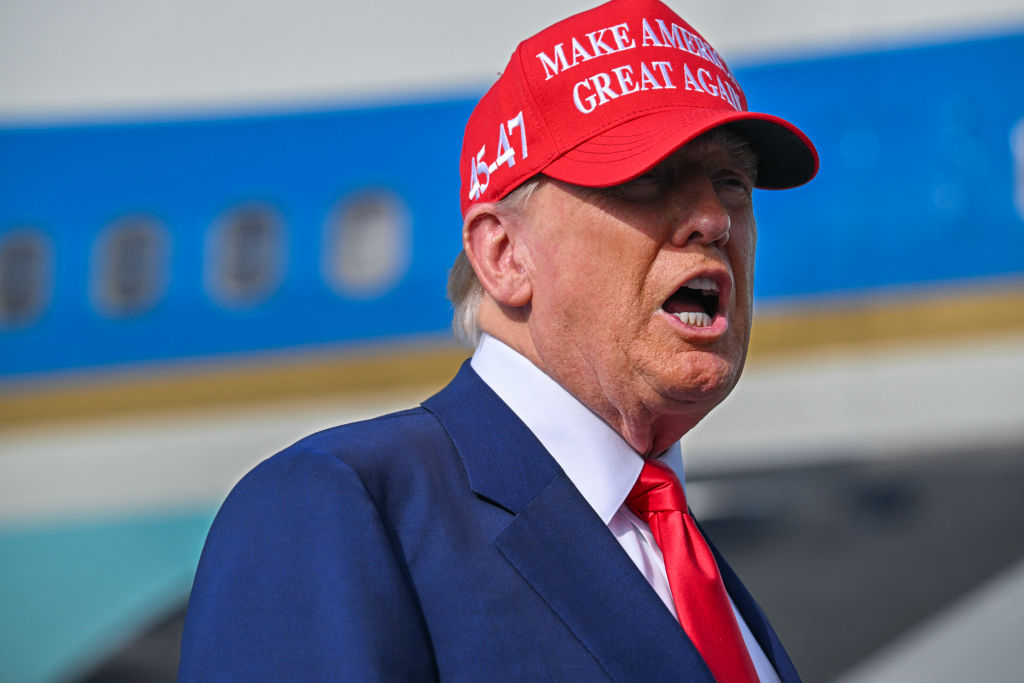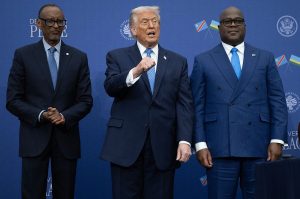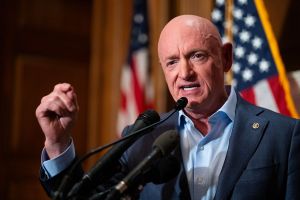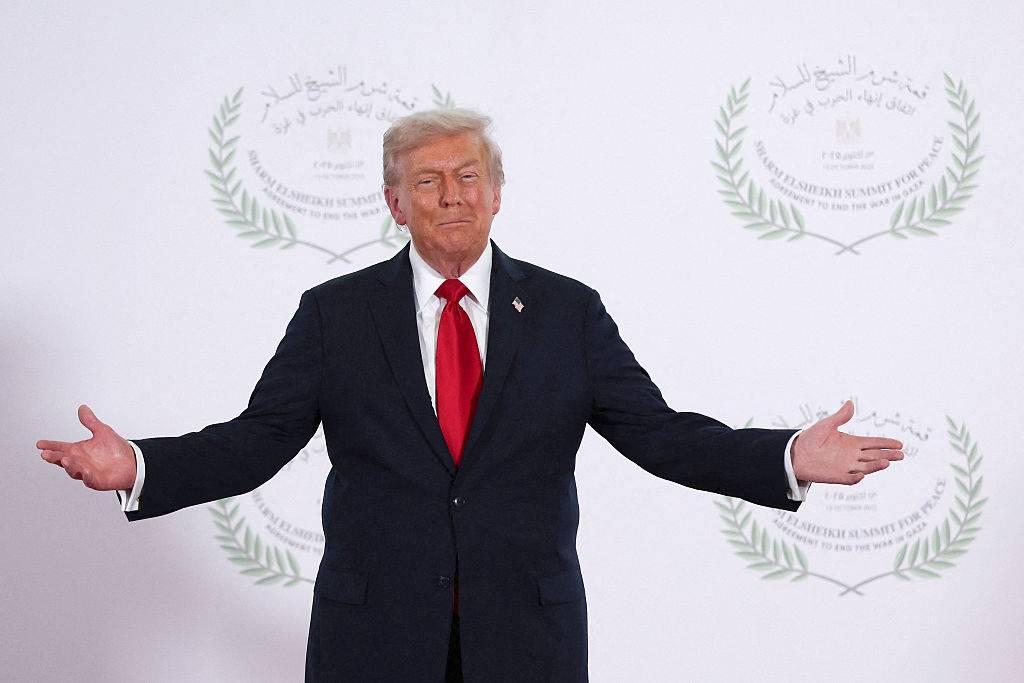That Donald Trump’s vision of the presidency is less statesman and more CEO of USA Inc. is evident in the terms of the deal he tried to foist on Ukraine last week. As talks begin between the US and Russia in Saudi Arabia, a leak reveals that Trump wanted Kyiv to sign away much of its mineral resources to Washington. Ukrainian president Volodymyr Zelensky has rejected this piece of blatant economic colonialism, but the Ukrainians expect further such demands to come.
This is the essence of Trump’s brave new world
The draft frames this as the establishment of a joint investment fund such that “hostile parties to the conflict do not benefit from the reconstruction of Ukraine” — although after last week, you might wonder if this means Europe rather than Russia. The plan would in effect grant the Americans considerable control over not just the rare earths and other minerals Trump has already been eyeing up, but oil, gas and national infrastructure. The US would have first refusal on any future licenses for mineral exports and a 50 percent share of any revenues from such licenses or simply the sale of the assets in question.
Zelensky had already floated the idea of granting the Americans preferential access to being able to invest in the country’s mineral wealth, seeing this as a way both of appealing to Trump’s commercial side and also securing his country. His calculation was that a president unwilling to defend Ukrainian sovereignty might be more willing to step in were US commercial interests at stake.
However, this goes much further and, in effect, would make Washington a controlling partner in a large part of the country’s economy. Ruling it out, Zelensky said “these resources, this is not mine, but our people’s” and that they must “be there for our children.” More fundamentally, though, this deal would, quite simply, beggar Ukraine. They would extract from the country a greater share of its GDP than the reparations imposed on Germany in the Versailles treaty at the end of World War One.
While this specific deal has been rejected, the Ukrainians are alarmed because it demonstrates just how determined Trump is to, as he frames it, get a “return” on what he claims is the “close to $300 billion” assistance America has provided so far. Characteristically, this is a dubious figure: the real figure is closer to $175 billion, much of which anyway was on lend-lease terms and thus eventually to be repaid. Indeed, the figure of $500 billion is being bandied around as what the US ought to receive in compensation.
On one level, this simply reflects Trump’s characteristically commercial and transactional approach to his role, as well as his tendency to bully when he can. It is also a mark of the lack of sympathy he clearly feels for Ukraine and its plight. We can hardly be surprised if the man who feels that the US has rights over other people’s territory from Gaza to Greenland also sees the opportunity for a punitive deal in Ukraine.
However, it is also potentially a trap for Kyiv. Having framed his hostile takeover as simply standing up for Americans’ interests, Ukraine’s refusal may be used by Trump to justify either its exclusion from peace talks or else an eventual reduction of US assistance. As one bewildered US diplomat at last week’s Munich Security Conference admitted, “I’m not sure if Trump actually thinks he can get his hands on these assets, or just wants an excuse to leave the Ukrainians hanging. Actually, I’m worried he means both.”
It is also yet another slap in Europe’s collective face. Even while defense secretary Pete Hegseth was haranguing European leaders about their security posture and Vice President J.D. Vance over their democratic values — one with rather more plausibility than the other — Trump was in effect trying to cut them out of a potential bonanza. Europe combined has provided substantially more aid than the US, but it was being frozen out of the opportunity to benefit from the potential goldmine that the post-war Ukrainian economy could be.
Yet this is the essence of Trump’s brave new world: thuggish exploitation of any available leverage, cutting deals with whoever you can rather than should, old alliances and friendships counting for less than new opportunities. European leaders, despite their apparent capacity to be surprised afresh each time things don’t happen the way they think they should, ought not to have been taken unawares. The only question is how they can operate in this environment, and whether they can move beyond summits and declaratory statements. They haven’t yet. But they should realize that this is exactly the zero-sum world Vladimir Putin is very used to navigating.


























Leave a Reply